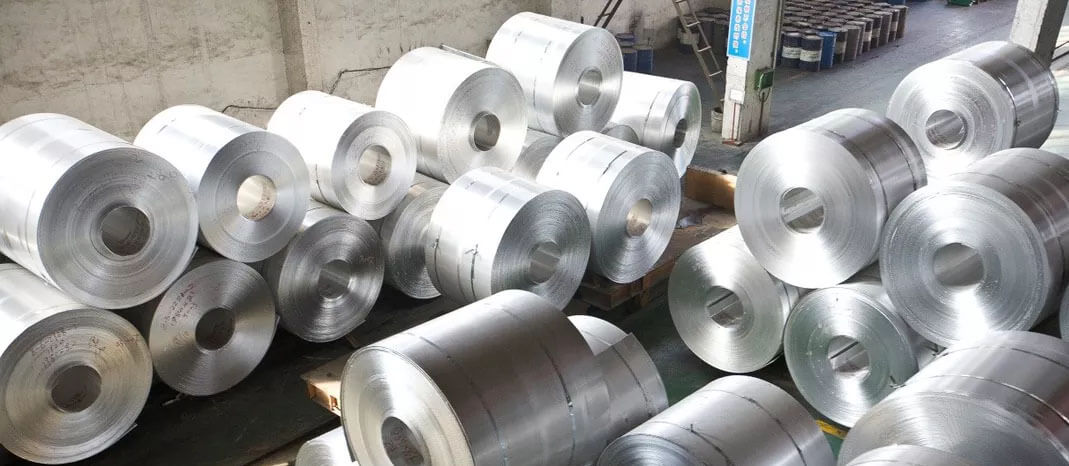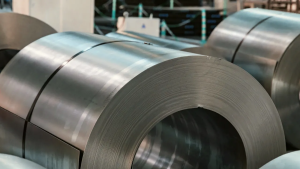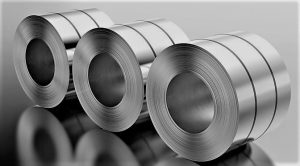In all surgeries, physicians depend on tools that won’t rust, break, or bend. It is where Titanium Grade 5 foil is used due to its strong, corrosion-resistant, and helps to maintain the shape without cracking or bending it. That’s where titanium grade 5 foil is used. High-performance tools, that meet rigid medical requirements use this strong and thin material.
In this post, you’ll discover what titanium grade 5 foil is, why it’s important in surgery and how it enhances tools, and patient outcome. We’ll also compare it to other metals and explore, where it’s used in real-world medical devices.
What is Titanium Grade 5 Foil?
A mixture of titanium, aluminum, and vanadium is used to make titanium grade 5 foil. It is also known as Ti-6Al-4V. This alloy is stronger than pure titanium. It’s lightweight, corrosion-resistant, and very durable. The “foil” form means it’s extremely thin often less than 0.5 mm thick. Even at this size, it holds up under pressure. This makes it ideal for high-precision parts in surgery.
Why is It Used in Surgical Instruments?
Materials used in surgery must be reliable. This specification is met by titanium grade 5 foil. It is relied on equipment utilized in brain operations, bone augmentation and heart surgery.
Here’s why:
- Light but robust: It enables tools to be used easily without compromising on power.
- No rust: It is resistant to blood, liquids and cleaning agents.
- Safe in the body: It does not interact with tissue.
- Long-lasting: The material retains its shape and sharpness over time.
In short, titanium grade 5 foil assists in making instruments that surgeons can depend on repeatedly.
Benefits That Matter
Titanium grade 5 foil provides a number of practical advantages to surgeons and patients alike:
- Less Surgeon Fatigue
Lighter instruments translate to less strain on the hands. Surgeons are able to work longer without being distracted.
- Quicker Recovery for Patients
The body cannot reject it as it is biocompatible. This reduces the chance of infection.
- Improved Precision in Work
Ultra-thin edges and precise shapes are possible with titanium grade 5 foil. This allows surgeons to have more control.
- Easier to Sterilize
It can handle high heat and harsh cleaning agents without breaking down.
- Cost-Saving in the Long Run
Though the material is pricey, the tools last longer. That means fewer replacements.
How It’s Used in Surgical Tools
You’ll find titanium grade 5 foil in many modern surgical instruments. These include:
- Microsurgical scissors: Thin foil allows sharp, fine blades.
- Bone saw blades: The strength helps cut through hard tissue.
- Retractors: The lightweight makes it easy to hold tools in place.
- Implants: Used for wrapping or covering parts of other implants.
Some robotic surgical arms also use parts made from titanium foil. The thin layers keep the machines light and accurate.
Titanium Grade 5 Foil vs. Other Metals
- Compared to stainless steel:
Titanium foil is lighter. It resists corrosion better. It lasts longer under stress
- Compared to pure titanium:
Titanium grade 5 foil is stronger and can withstand more pressure and heat
- Compared to plastic or carbon fiber:
Foil is far more durable as it doesn’t warp, or crack easily
This makes it a clear winner for tools that need high performance and long life.
Why the Medical Field Trusts This Material
The medical field has strict standards. Tools must be safe, clean, and precise. Titanium grade 5 foil fulfills all the necessary requirements.
Hospitals and surgical centres trust it because:
- It meets FDA and ISO quality standards
- It handles the wear of repeated use
- It performs well in all types of surgery
Doctors also feel the difference. It reports better control and comfort when using titanium-based tools.
Final Thoughts
Titanium grade 5 foil isn’t just another metal sheet. It’s a key part of today’s best surgical instruments.
It gives strength without weight, precision without bulk, and safety without risk. That’s why more medical companies are using it to make tools that work better, and last longer.
If you’re in the medical manufacturing space, or even just curious about how surgical tools are made, it’s worth knowing how much this material does behind the scenes.
The next time you hear about a life-saving surgery, you can bet that titanium grade 5 foil played a small but critical role in making it possible.





